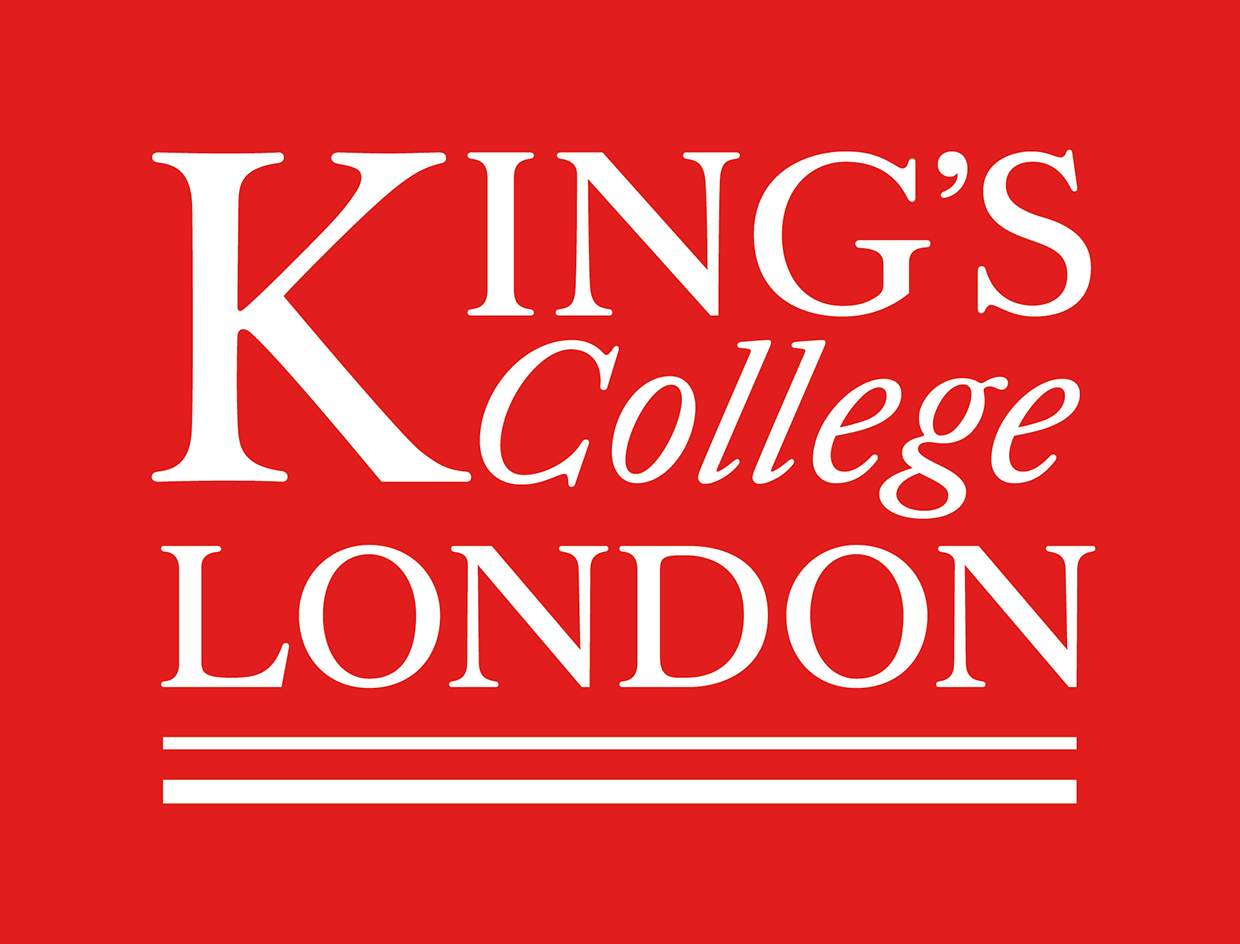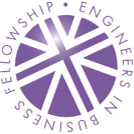Eureka! – 2024
Back to Competitions | Eureka! is a new enterprise competition for engineering students, researchers and recent alumni who have an innovative idea that addresses the UN’s Sustainable Development Goals in some way. The competition is timed to provide a pathway from the engineering degree’s second year entrepreneurship module, to give students an opportunity to build on their ideas and take them a step further. It forms part of King’s College London’s commitment to create engineers who are changemakers. |


First place: Plate Disposal Unit
The Plate Disposal Unit (PDU) offers a built-in storage for waste, cutlery and plates in a configuration with much higher density than currently offered, featuring a mechanism that separates the waste from plates.
The streamlined process will relieving staff pressure at rush times, cutting running costs, and increasing efficiency in the hospitality sector.
The PDU consists of three main parts: a ramp and two containers for waste and plates. After a finished meal, the user would lay their plate on the rails on the slope, the plate would slide and at some point slide right under a solid block that would scrape off the food into the food container underneath. At the end of the slope, the plate would land on a plate container. Using a spring system, the surface of the plate container would be levelled out to avoid damage to the plates.
Its design is smaller than the current tray racks as well as more efficient – able to hold about 70 plates under realistic circumstances. According to feedback from kitchen staff on campus, the team’s solution would effectively eliminate an entire step in the cleaning process, making it significantly faster. Moreover, the anticipated benefits include reducing the workload of transporting heavy racks to the kitchen, thanks to the smaller and lighter footprint.
Students:
- Karun Choudhary – Electronic Engineering
- Alvaro Vicente Tarrago – Electronic Engineering
Prize awarded: £1,500

Second place: Wattpod
Wattpod aims to set up charging station’s for electronic devices – all powered by the sun.
Each station has lockers where users could leave their phone or tablet to charge before heading off for a day without worrying about finding a plug or their device being stolen. The team were inspired by students taking part in the National Youth Service Corps or living on university campuses.
Students:
- Tahir Ahmed Ahidjo – Electronic Engineering
- Musa Abdulrasheed – Computer Engineering
Prize awarded: £1,000

Third place: Convopro
ConvoPro addresses the challenges faced by non-native speakers in effectively communicating information to people in professional environments.
One specific example is the struggle for a non-native speaker pharmacist to sound professional and trustworthy in the workplace. To tackle this problem, the team developed ConvoPro – an app focusing on communication training for non-native professionals.
The app offers practice sets simulating customer interactions in various scenarios, allowing users to practise their message delivery as well as accurate and rapid responsiveness to customers’ inquiries.
Student:
- Weng Man Lei – General Engineering
Prize awarded: £500
Positive feedback
This competition offers a very valuable pathway to inspire engineers at King’s College London to formulate creative ideas to address sustainable development challenges, and a mechanism for them to develop these ideas into credible business plans. It gives them a tangible opportunity to develop both entrepreneurial knowledge and pitching skills, both hugely valuable and transferrable skills that will help them with their future employability even if they do not pursue the entrepreneurship route. It opens up the possibility to them that they have the skills and resources to follow the entrepreneurship route should they wish to, and gives them the empowerment and importantly some seed funding, to take their ideas one step further. This is an extremely valuable competition, and the generous prize money offers real incentive to enter.
Professor Dawn Bonfield MBE FREng
Professor of Practice in Sustainable Development
King’s College London
